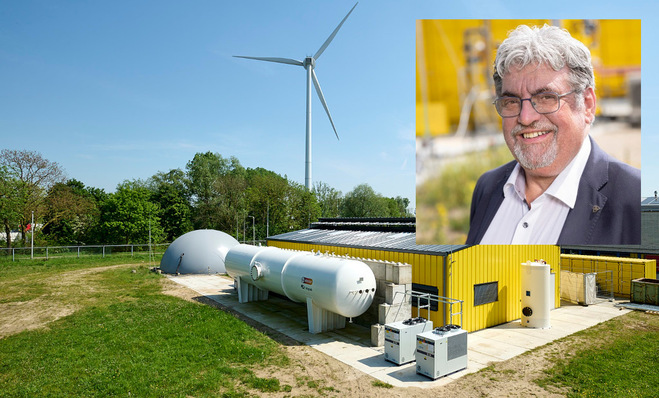The Consortium for Battery Innovation, which includes more than 90 member companies worldwide supporting pre-competitive research into lead battery technology, is preparing for a surge in demand for energy storage in the next decade. Since it was formed as the ALABC 25 years ago, the CBI has now stepped-up its work by preparing a new technical roadmap designed to extend both the performance and lifetime of the core battery technology.
The programme, which will be unveiled later this year, will fund projects designed to increase the cycle life of advanced lead batteries and further improve their ability to operate in a variety of applications. Other areas highlighted for future study include in-depth research into the addition of chemical elements such as carbon, aimed at extending both service life and performance.
Ten times greater demand
One of the Consortium’s studies is already underway in the US in partnership with the Argonne National Laboratory. It uses the laboratory’s synchrotron x-ray source for a real-time study of the chemical changes occurring during charge and discharge reactions, something not previously done for lead batteries.
Dr Alistair Davidson, Director of the CBI, said: “I expect worldwide demand for energy storage to jump significantly in the next decade. In Europe alone demand is set to go up by a factor of 10 by 2050. So advanced lead batteries will be critical to meeting that requirement, which is over and above existing uses such as start-stop batteries and back-up for mobile networks and emergency power.”
He goes on to say that there are many factors driving this demand, including decarbonisation and electrification. “Lead batteries are now becoming more common as energy storage for renewables, as local grids and independent electricity systems come on line. Cost, recycling, safety and reliability, as well as performance, are all important factors for these systems, which play to the strengths of lead batteries.” This push for greater electrification, Davison says, requires a mix of battery technologies capable of delivering at scale. “We are working with government research teams and universities in the US and Europe to develop the technology that will usher in the next generation of advanced lead batteries.” (mfo)
You can now sign up for our upcoming pv Guided Tours at The smarter E Europe (Intersolar Europe, ees Europe, Power2Drive, EM-Power) in Munich in May 2019.
Have a look back at the highlights of last year’s pv Guided Tour on battery storage for commercial applications
For more articles on energy storage, please click here.
Stay informed, subcribe to our twice-weekly newsletter.
Register here: https://www.pveurope.eu/newsletter








